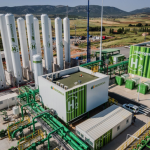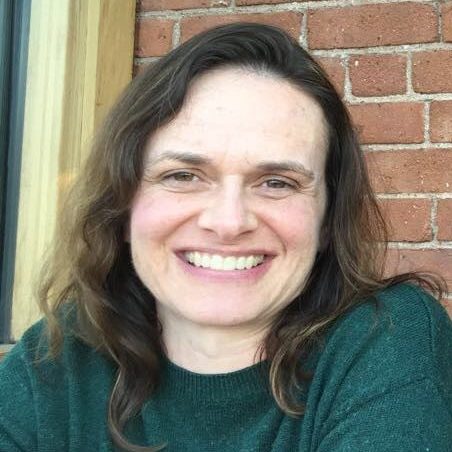
05/30/2023 10:30 am-11:30 am ET
The need for a sustainable source of hydrogen has been widely recognized, not just as a potential transportation fuel, but as a way to limit CO2 production and fossil fuel consumption from existing industrial processes such as ammonia generation, petroleum refining, and leveling electric grid power. The primary commercial electrolysis products today are 1) liquid alkaline electrolyte-based technology and 2) proton exchange membrane-based (PEM) technology. While liquid alkaline technology is currently cheaper initially and more efficient at beginning of life, the PEM technology is lower maintenance and has the potential for larger improvements. The slowness of this transition is largely due to the fundamental understanding needed to develop alternative manufacturing methods, which need to be more scalable than the baseline methods, while maintaining reliability and durability. For example, the formulation and deposition parameters for slow application of catalyst layers by hand over small areas are very different than rapid, automated application over large areas. Designing for lifetimes of several years is also very different than for lab experiments, which are typically operated for days or weeks at most. This talk will discuss some of the advancements made in recent years in PEM electrolysis and scientific challenges still being worked on.
About the speaker

Kathy Ayers is vice president of R&D for Nel Hydrogen U.S., with responsibility for developing and executing Nel’s technology strategy in proton exchange membrane electrolysis. Ayers received her PhD in chemistry at Caltech while working with Nate Lewis, and spent several years in the battery industry before joining Nel in 2007. Ayers manages a broad portfolio of internally and externally funded research projects, across a range of collaborators in academia, industry, and national labs. She is also the lead principal investigator on the U.S. Department of Energy (DOE) benchmarking program, spanning the primary water splitting technologies funded by the Hydrogen and Fuel Cell Technologies Office (HFTO), with the goal of providing protocols and standards for consistency in water splitting research.
Ayers has served on multiple scientific advisory boards for Energy Frontier Research Centers and similar consortia such as the JCAP Solar Fuels Hub, as well as two federal level advisory committees for the DOE: HTAC (Hydrogen and Fuel Cells Technical Advisory Committee) and BESAC (Basic Energy Sciences Advisory Committee). She received R&D Awards at the 2012 and 2021 DOE Merit Reviews from the HFTO Production Team, and an American Chemical Society Rising Stars Award in 2014 from the Women Chemists Committee. She became a Fellow of the Electrochemical Society in 2020 and received the inaugural Walter van Schalkwijk award in 2022.